2024 Farmland Market Trends At-A-Glance
Trimble Agriculture
AUGUST 28, 2024
Understanding farmland market trends is crucial to risk management for landowners, farmers, and ranchers alike. farmland market trends directly affect the equity and borrowing power of rural landowners. Overview of the 2024 Farmland Market The U.S. National Trends Farmland values in the U.S. farmland market.

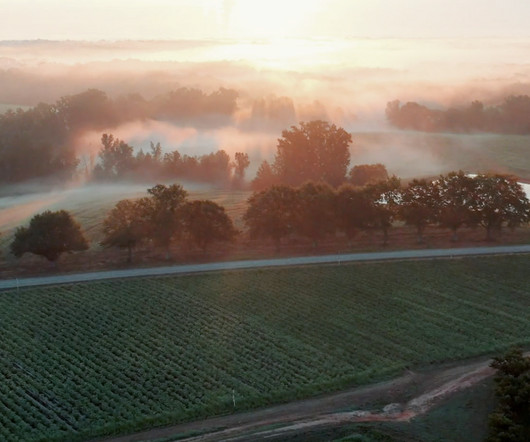
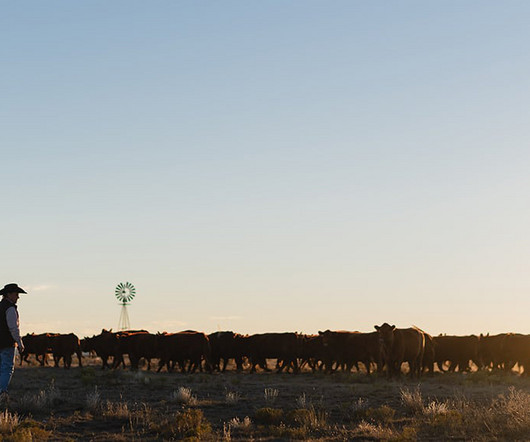
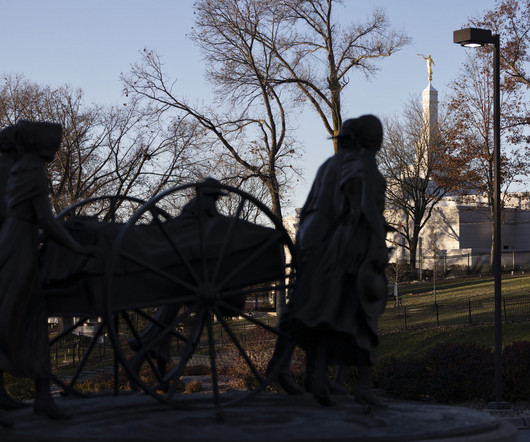
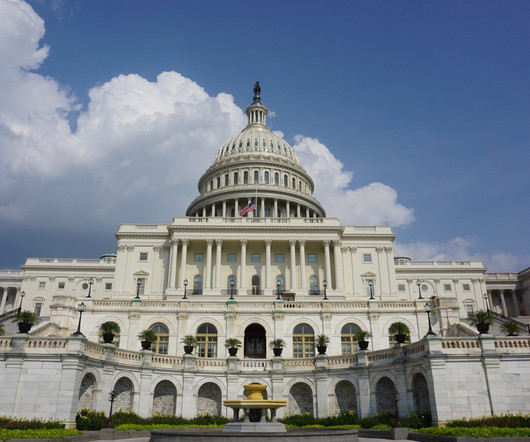
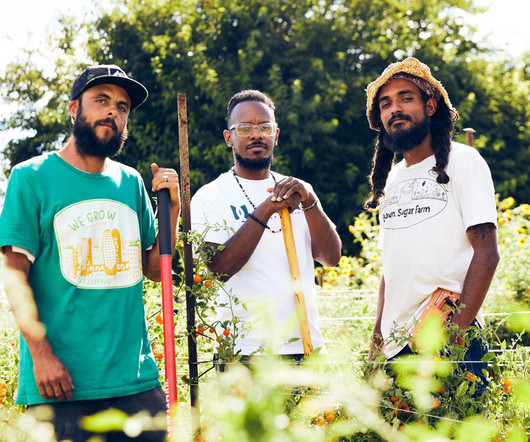






Let's personalize your content